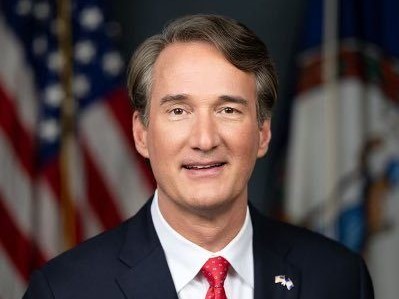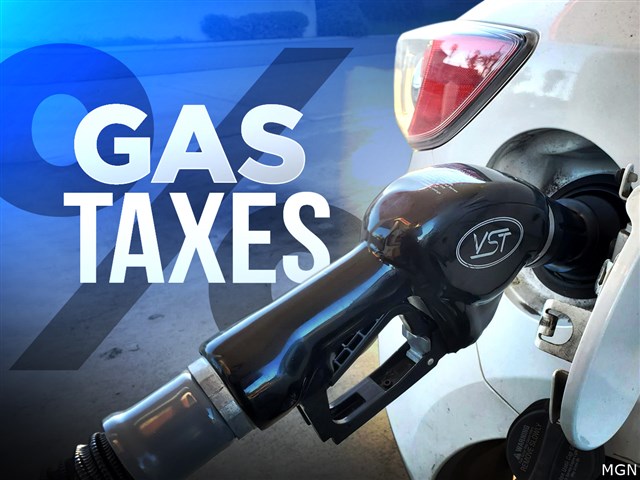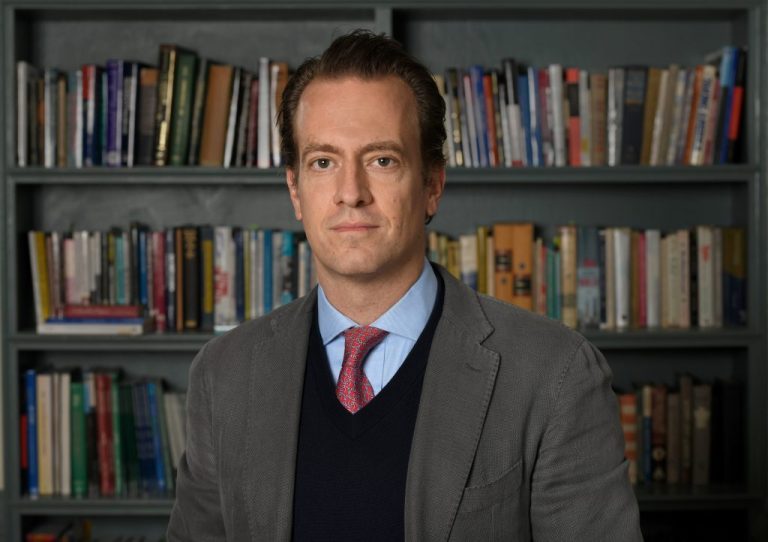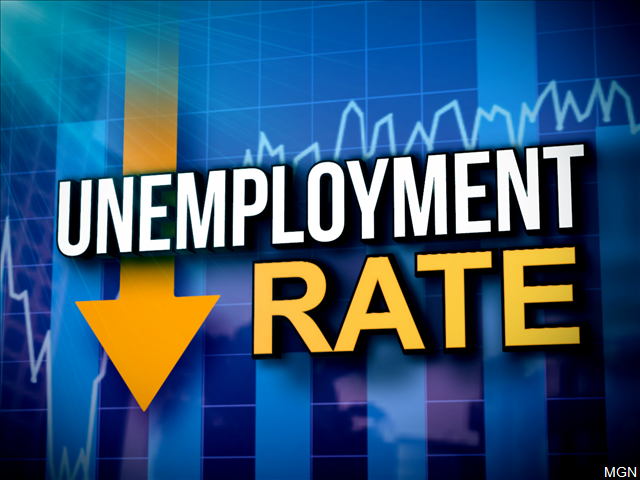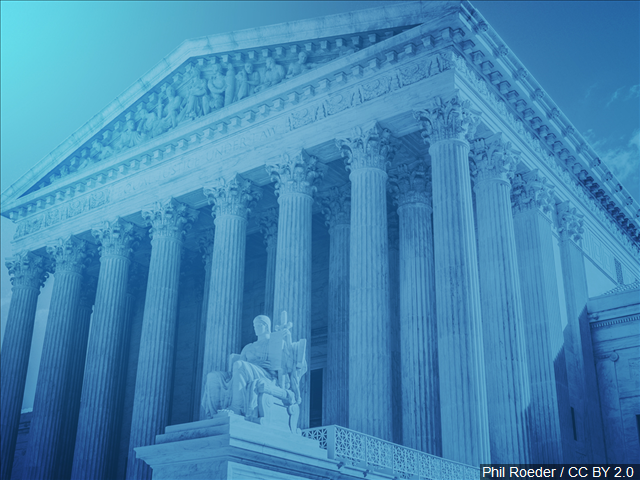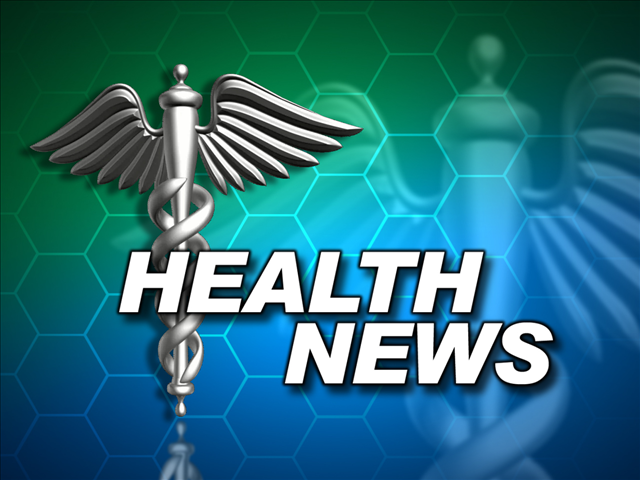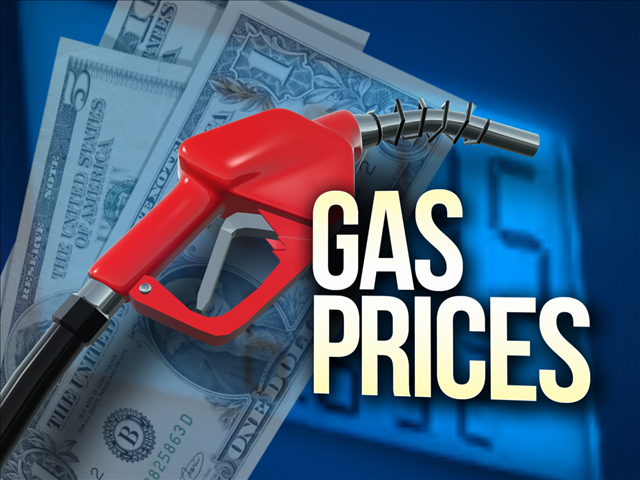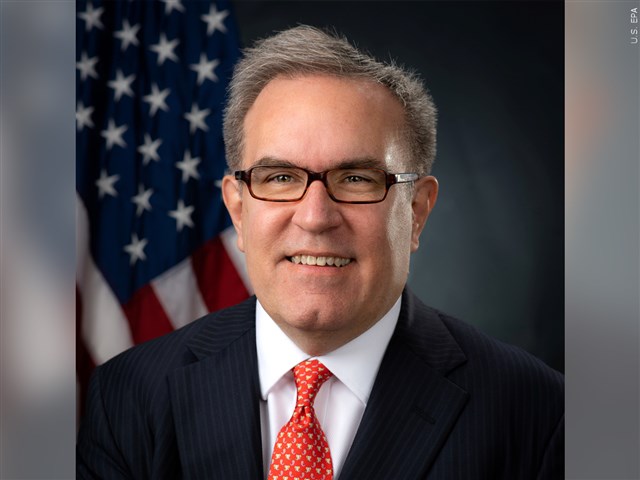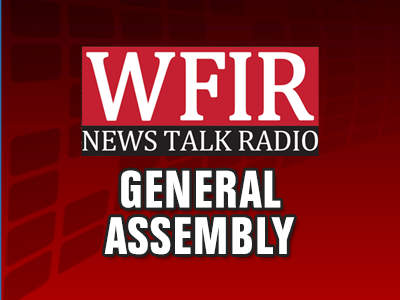RICHMOND, Va. (AP) — A bill that will require Virginia schools to notify parents if their children are assigned...
State and National Government
Virginia lawmakers return to Richmond today for a special session, one that Governor Youngkin called mainly to...
Stimulus checks sent directly to Americans during the height of the pandemic in 2020 can be linked...
RICHMOND, VA – Governor Glenn Youngkin today announced that Virginia’s unemployment rate fell to 3.2% in February while...
Governor Glenn Youngkin spoke to students at Liberty University this morning, where he said a culture of...
A political science professor from The Miller Center at the University of Virginia says gone are the...
A Salem resident is pushing back against the narrative that Russia was not provoked before its invasion...
Governor Youngkin traveled to Lynchburg this morning to sign a bill that immediately outlaws vehicles called “Carolina...
A new report from the Department of Veterans Affairs recommends building a new VA Medical Center in...
NEWS RELEASE: RICHMOND, VA – Governor Glenn Youngkin today announced that he would send a bill to...
RICHMOND, Va. (AP) — Andrew Wheeler, the former Trump administration Environmental Protection Agency administrator, will serve as a...
The President of the NATO Parliamentary Assembly hails from the Commonwealth – 11th District Congressman Gerry Connolly...
Along with the rest of the country, Virginians are dealing with record gas prices. Governor Younkin spoke...
Here’s how you can help: José Andrés, the beloved D.C. chef famous for feeding people in need around...
Virginia lawmakers close to completing action on this year’s proposed legislation, and in some cases, they are...

